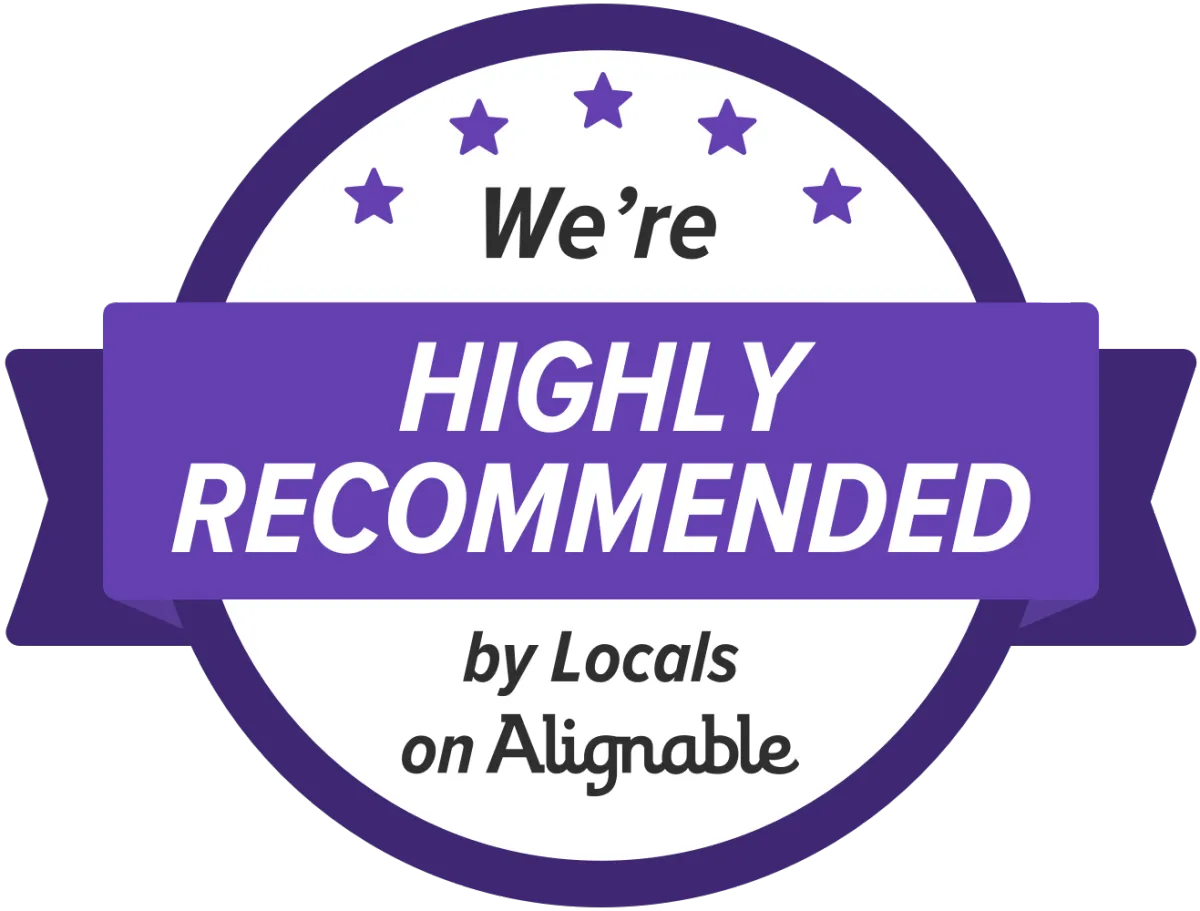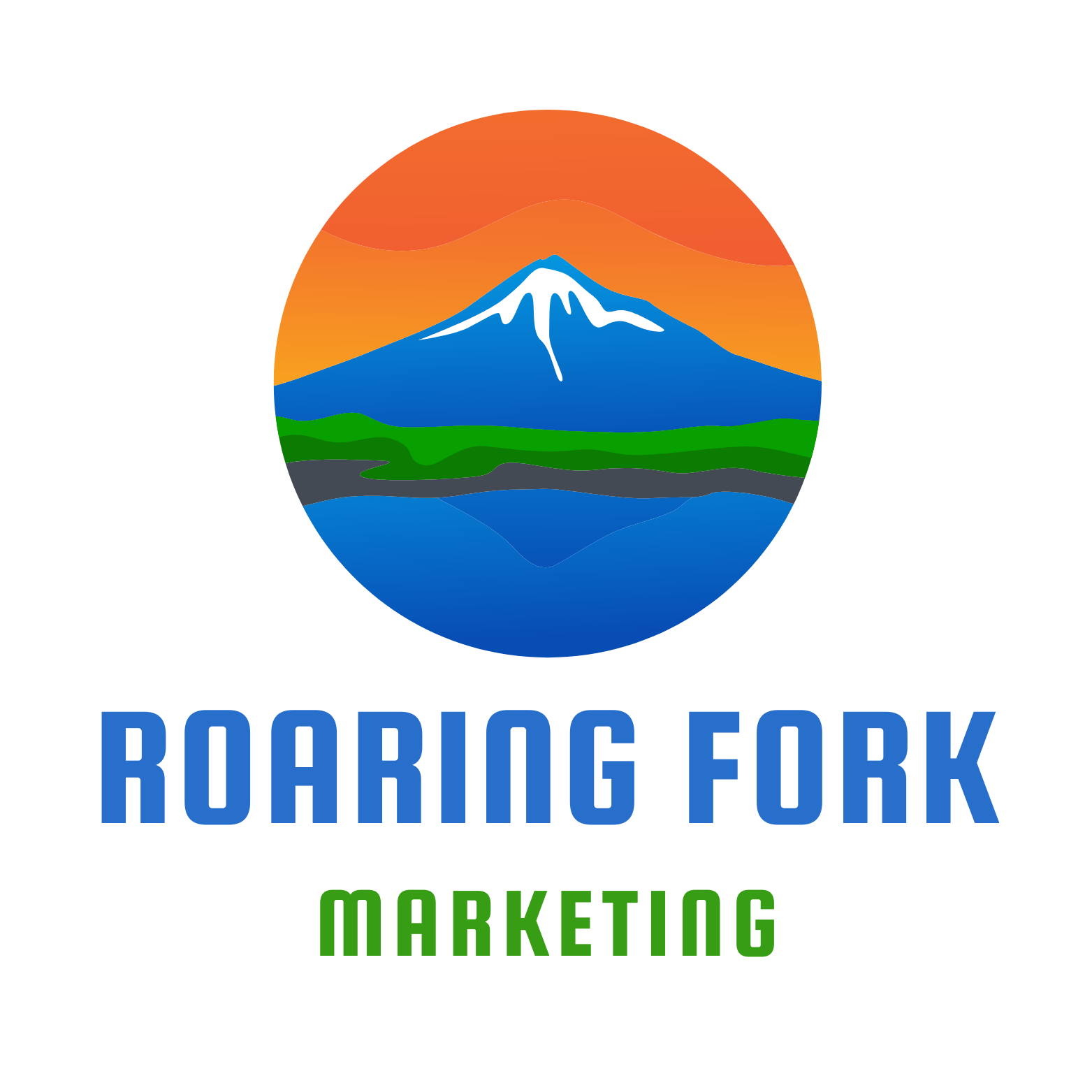Blog

How to Improve Your Google Ads Impression Share
In the highly competitive real estate industry, standing out online can mean the difference between closure and a cold lead. Google Ads offers a powerful platform to increase visibility and drive targeted traffic to your listings or services.
However, crafting ads that cut through the noise requires more than a catchy headline; it demands an understanding of Impression Share (IS). As a key metric, improving your IS can dramatically enhance your online presence.
In this blog post, we’ll delve into practical strategies to boost your Google Ads Impression Share, ensuring your real estate ads garner the attention they truly deserve.
The Significance of Google Ads Impression Share
Securing a substantial share of Google's advertising real estate is akin to claiming prime property on a busy downtown street. It ensures that your listings are prominently displayed, seen, and clicked on by interested parties.
In a hyper-competitive field like real estate, the impression share is not just a metric; it's a powerful indicator of brand visibility and potential lead generation.
"Boosting Your Google Ads Impression Share in Real Estate" will guide you through the labyrinth of digital marketing, offering practical advice, tailored strategies, and real-world examples that resonate with the unique challenges and opportunities faced by real estate professionals.
Understanding Google Ads Impression Share
The Concept Demystified
Before we leap into strategies, it's crucial to grasp what impression share entails. It's the pulse on how effectively your ads are being put on display. A high impression share means you're regularly appearing in search results, a constant reminder to prospects that you're the local real estate guru. Conversely, a low share indicates missed opportunities and a gap in your digital marketing armor.
Why Does It Matter in Real Estate?
Real estate is not a casual purchase. Clients conduct meticulous research, often starting with an online search. If your ads aren't among the first they see or aren't competitive enough to feature consistently, you're losing vital ground. Every impression counts in this high-stakes game.
Strategies to Skyrocket Your Impression Share
Strategic Keyword Domination
Identify High-Performance Keywords: Leverage tools like Google Keyword Planner to discover keywords that are highly relevant to your properties and have shown success in past campaigns.
Utilize Negative Keywords: Actively manage your negative keywords list to filter out unrelated or poor-performing search terms to refine your target audience and prevent ad spend on irrelevant clicks.
Optimize for Local Searches: Tailor your keywords and ad copy to include local terms and neighborhood specifics, capitalizing on prospects searching for properties within specific locales.
Enhance Ad Relevance: Create ads that align closely with your keyword themes, ensuring that your advertisements are as relevant as possible to user searches and increase Quality Score.
Adjust Bids by Keyword Performance: Allocate more budget to keywords with a higher conversion rate but lower impression share, to increase their visibility and your overall IS.
Regularly Review Search Terms Report: Analyze performance data to understand how your ads match search queries and adjust your strategies to improve match accuracy and impression share.
Crafting Ads That Attract and Engage
Emphasize Unique Selling Points: Highlight what sets your listings apart—be it luxurious amenities, prime location, or affordability—to capture interest at first glance.
Use High-Quality Images and Videos: Incorporate visually appealing media that showcase the property's best features to grab attention and encourage clicks.
Craft Compelling Headlines: Write headlines that speak directly to your target demographic, using language that conveys urgency and the benefits of your offering.
Incorporate Testimonials: Include reviews or quotes from satisfied clients to build trust and credibility within your ad content.
Leverage Ad Extensions: Make use of ad extensions like callouts, sitelinks, and structured snippets to provide additional information and options for users to interact with your ads.
Test Ad Variations: Experiment with different ad formats and messaging to see which combinations perform best in terms of click-through and conversion rates.
Monitor Ad Position and Adjust: Keep an eye on where your ads are appearing in search results and adjust your bidding strategy to maintain a competitive position.
Landing Page Perfection
Optimize for Speed and Mobile: Ensure that your landing pages load quickly and are optimized for mobile devices, providing a seamless experience for users on the go.
Align Content with Ads: Make certain that your landing page content directly corresponds with the messaging and offerings in your Google Ads to improve relevance and Quality Score.
Use Strong Calls-to-Action: Guide visitors towards the desired action, whether it's contacting you for more information, scheduling a viewing, or downloading a property brochure.
A/B Test Landing Page Elements: Continuously test different aspects of your landing page, like headlines, images, and forms, to determine what converts best with your audience.
Continually Update Content: Keep your landing page content fresh and updated with the latest listings, offers, and relevant information to engage and convert leads.
Incorporate Social Proof: Display testimonials, ratings, and any awards or recognition your real estate service has received to enhance credibility.
Track and Measure Performance: Utilize tracking tools to analyze the behavior of visitors on your landing pages and make data-driven decisions to optimize for conversions.
Balancing Act: Budget and Bids
Set a Smart Budget: Determine a budget that allows for competitive bidding while still delivering a return on investment. Understand the average cost-per-click in real estate for your area and set your budget accordingly.
Implement Bid Adjustments: Use bid adjustments to allocate more budget to high-performing times of the day, devices, or geographic locations to maximize your ad's exposure to the most relevant audience.
Consider Automated Bidding Strategies: Automated bidding can adjust your bids in real-time, aiming to get the most clicks or conversions within your budget. Evaluate strategies like Target CPA (Cost Per Acquisition) or Target ROAS (Return On Ad Spend) for efficiency.
Review Bid Strategies Regularly: Keep a close eye on performance data and adjust your bid strategies as market conditions and your campaign goals evolve.
Balance Cost with Position: Aim for the sweet spot where your ads maintain visibility without overspending for the top position, unless data shows that the top slot significantly outperforms others in terms of ROI.
Know When to Cap Spending: Recognize underperforming ads or keywords and set limits or stop spend on these to prevent wasting budget and diluting your overall Impression Share.
Capitalize on Seasonal Trends: Shift your budget to align with real estate market trends and search behavior, ensuring higher visibility during peak home-buying seasons.
Tools and Resources to Pilot Your Digital Course
Google Analytics: Utilize this tool to track the performance of your ads and website, understanding user behavior, and fine-tuning your strategy accordingly.
Google Ads Editor: This desktop application lets you make bulk changes to your campaigns and streamlines the management process.
Keyword Planner: A fundamental part of Google Ads, the Keyword Planner helps you discover new keywords and get bid estimations for your campaign.
Ad Preview and Diagnosis Tool: Check how your ad appears in search without impacting your impression score.
Competitive Analysis Tools: Tools like SEMrush and SpyFu offer insights into your competitors’ strategies, helping to sharpen your own campaigns.
Conclusion: The Power of an Extensive Reach
A higher impression share in Google Ads for real estate professionals is not just about numbers; it's about claiming your digital turf with purpose and efficiency. It means more opportunities to engage with clients, thus nurturing them through the buying or selling process.
Your digital presence should mirror your ambition: to be visible, compelling, and ever-present. Each strategic tweak you make to enhance your impression share brings you closer to achieving these goals and establishing your brand as the forerunner in your local market.
In a landscape as dynamic as real estate, mastering your Google Ads impression share is a pursuit without a definitive endpoint. It requires constant vigilance, learning, and adaptability. It's a commitment to the online narrative you build around your brand and, ultimately, the sales it translates into.
Start implementing these strategies today and watch as your real estate business scales new heights in the digital domain. After all, the more often you pop up in prospective clients' searches, the more likely you are to become their first choice.
About Roaring Fork Marketing
Roaring Fork Marketing is a leading marketing agency dedicated to helping real estate agents thrive. Leveraging years of industry-specific experience, we understand the unique challenges faced by Realtors and can provide tailored strategies to enhance your value, build strong community connections, and increase your visibility to potential clients. Our team of experts specializes indigital marketing, and business growth strategy.Contact us today to learn more.

Meredith Hollander
Meredith Hollander is a highly accomplished marketing expert and the leader behind Roaring Fork Marketing. With a multi-decade background in managing marketing campaigns for well-known brands, she brings a wealth of experience and a proven track record of success to help local service businesses achieve remarkable growth. She combines her experience, industry insights, and client-centric approach to provide med spas, physical therapy and fitness providers with an unparalleled advantage in the digital world. She believes that every business has untapped growth waiting to be unleashed, and her mission is to unlock that potential through strategic digital marketing solutions.
Get Your Free Digital Marketing Audit!

© Copyright 2025. Roaring Fork Marketing LLC. All rights reserved.
10 Liberty Rd, Hingham, MA 02043, https://roaringforkmarketing.com/













